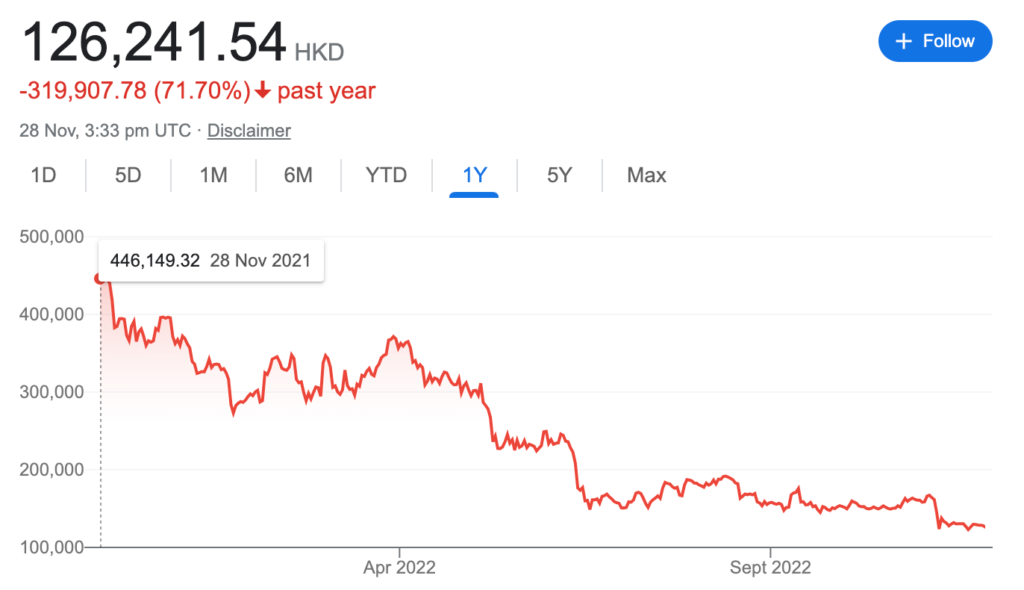The cryptocurrency market in 2022 is in a deep crisis, triggered by the collapse of the FTX exchange, excessive speculation in the industry, and the continuous weak price of all the major coins and virtual assets. According to FTX’s disclosure, Asian economies such as China, Singapore, South Korea, Taiwan, and Hong Kong are among the top countries and regions where FTX’s customers are located. Unfortunately, they are becoming one of the hardest-hit investors in the crisis.
Market analysts and observers expect that more bankruptcies will occur in the near future. The latest rumour says the Hong Kong cryptocurrency exchange AAX is about to close, and all withdrawal services have already been suspended. Under the current regulatory regime, what risks will cryptocurrency investors face in the waves of exchange collapses, and how can retail investors save themselves?
Cryptocurrency assets are not protected by government institutions.
Cryptocurrency exchanges are not operating within the traditional banking and financial system, so government regulation and protection for crypto investors are limited.
In Hong Kong, the Deposit Protection Scheme and Investor Compensation Fund guarantees compensation of up to half a million Hong Kong dollars to bank depositors and retail investors in case financial institutions collapse. However, the coverage of the protection systems does not include cryptocurrencies or other virtual assets. Retail investors will not be compensated if these exchanges go bankrupt like FTX.
Even in the United States, where cryptocurrency exchanges operate in a relatively mature institutional infrastructure, retail investors’ crypto assets are hardly protected. In May 2022, Coinbase, a large U.S. exchange, disclosed risks at the request of the U.S. Securities and Exchange Commission (SEC), mentioning that if Coinbase goes bankrupt, its customers will become unsecured creditors, who are not likely to be able to withdraw cryptocurrencies in their accounts after bankruptcy proceedings start. As unsecured creditors, they have a low priority in receiving repayment, which means their assets in Coinbase may be used to pay off other debts. Eventually, these crypto investors may lose all their money in the exchange.

How do retail investors protect their crypto assets?
Before its collapse, FTX was once the world’s second-largest crypto exchange. It teaches us a lesson that no player is too big to fail in the investment market. Investors should always avoid storing too much money in a single exchange to diversify the risk and more importantly, crypto investors should always keep a close eye on the 24/7 and fast-changing market.
Even more importantly, crypto investors should store most of their virtual assets in cold wallets instead of in a crypto exchange. A cold wallet is an “offline wallet” not connected to the internet. It can avoid the risk of hacking and will not be affected by the risk of the crypto exchange scam or other crises. However, if investors lose their seed phrases and private keys, they will lose access to the cold wallet, which is equivalent to losing all their crypto assets. Therefore, investors must ensure that they clearly understand how a cold wallet works before moving the crypto asset there.



